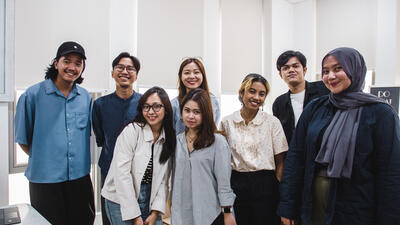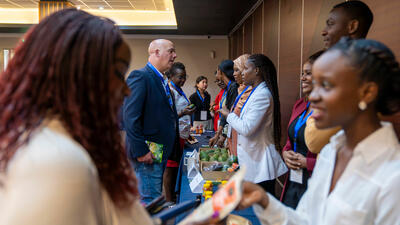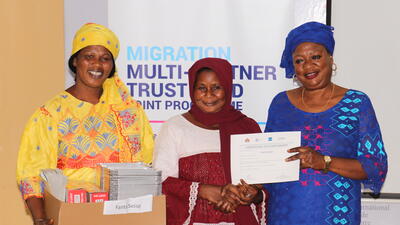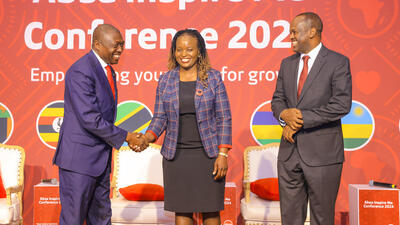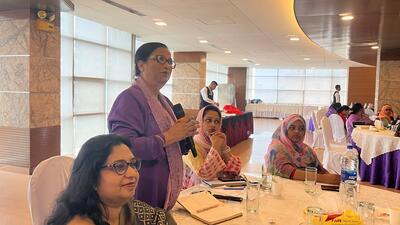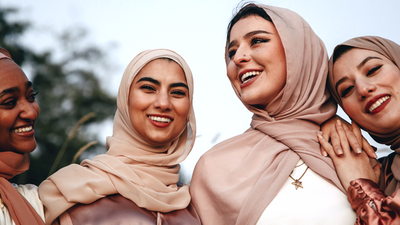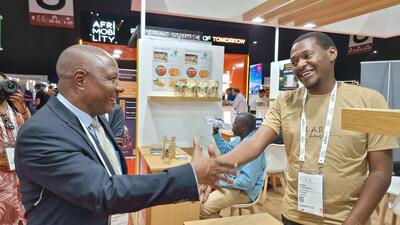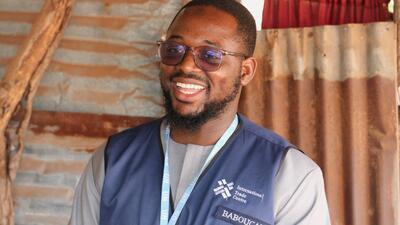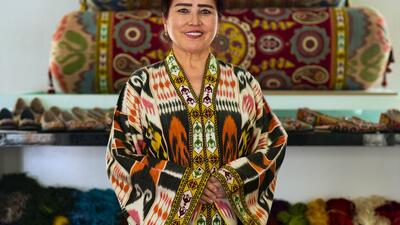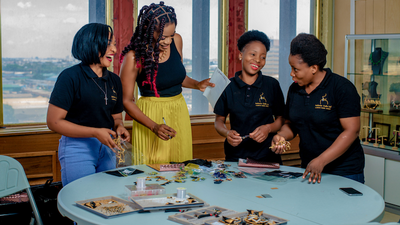
Women are key to achieving the Sustainable Development Goals
Promoting trade as a tool for the 2030 Agenda on Sustainable Development
Norway has a long history of dedicated policy for achieving gender equality in the workplace. Virke, the Enterprise Federation of Norway, is a strong supporter of this agenda and believes it should be duplicated in development policies. Paid work is an important part of transforming from the notion that women are somehow an economic burden to an equal contributor. Indeed, women’s participation in the workforce plays a crucial part in much-needed sustainable economic growth and welfare – in Norway and elsewhere.
Achieving Goal 5 – empowering all women and girls – of the 2030 Agenda on Sustainable Development is crucial for improving all parts of society. At Virke we consider inclusion of business – and especially the service sectors – a necessary part of the solution. There is no doubt that international trade is a prerequisite for sustainable economic growth and thereby increased human welfare.
Every day, Virke works to promote sustainable economic growth and increased welfare through free trade and increased imports from developing countries and emerging economies. A central part of this effort has been on promoting ethical trading in compliance with international recognized conventions with partners home and abroad. For example, in 2000, we were one of the founders of the Ethical Trading Initiative Norway, which aims to strengthen members’ efforts to promote decent working and environmental conditions in their supply chains and to support ethical trade in general.
The importance of the trade and service sectors for job creation is evident. They are the largest private sector employers in Norway with most of the employees being women. Their importance does not stop there. China has lifted more than 700 million people out of poverty through development of manufacturing industries, while Viet Nam and Cambodia have created 2,5 million and 600.000 jobs respectively in the textile and apparel sectors. Countries such as Ethiopia, Rwanda and Kenya are currently developing their light-manufacturing industries: nine out of 10 jobs being established in developing countries are in the private sector and a large share of workers and entrepreneurs are women.
WORKPLACE INTEGRATIONAt home, Virke has worked with enterprises to better include women immigrants into Norway’s workforce. As part of this effort, Womentor, a mentoring programme for highly educated non-Western women living in Norway, was launched in 2009. The mentors were Norwegian female leaders from private and public sector, including Crown Princess Mette-Marit. The main aim for the programme was to match the skills and qualifications of non-Western women with needs of Norwegian employers.
In 2015, a new mentor programme based on diversity management, VS-Humentor, was launched by Virke and Seema. Mentees participating in VS-Humentor comprise of highly educated women with international backgrounds, while the mentors are experienced top managers from Norwegian businesses, for example Statskraft, NorgesGruppen, Innovation Norway and Accenture. The aim of the programme is to shed light on how diversity in the workforce will have positive results on increased returns, productivity, innovation and access to new markets, when included in an enterprise’s management strategy.
Virke has been supporting private-sector partners in developing countries since 2003, with a strong focus on women’s economic empowerment. This has been possible through programs funded by Norad, and collaboration with other partners such as CBI – the Dutch Centre for the Promotion of Imports from Developing Countries, the International Trade Centre and Chamber Trade Sweden.
Networks are an important part of strengthening opportunities for women in business. Whereas there are many women working in the Norwegian-African business ecosystem, most business leaders are men. In response to this, Norwegian-African Business Association (NABA) joined forces with Virke and initiated the NABA Female Business Network. Launched in 2017, the initiative provides a platform for women working within the Norwegian-African business community and actively promote ways of empowering women in business.
An overarching goal of the capacity training and partnerships initiated by Virke for nearly two decades has been to professionalize enterprises in developing countries to meet the business requirements of Nordic and European markets. This may prove to be a too tough challenge for many entrepreneurs, in addition, exporting may come with a high financial risk.
An important part of our work with partners in developing countries, is to widen their business network and identify new markets and partners in their own region. For businesses in Africa and Asia, their main growth markets will not be in Europe, but in their own neighbourhood.
Women constitute a key economic force in all countries and, as such, there is a need to promote and nurture women-led best practices and ensure the development of women as role models. Many women participants in our training programmes have shown great pride in acting as mentors and as ambassadors of female entrepreneurship. They have shared their best practices at business schools, organized entrepreneurial workshops and addressed young graduates about their possibilities.
The Millennium Development Goals showed us that if we have specific common aims, political will and sufficient funds, we can solve the great challenges. According to a new UN Women report ‘Turning promises into action: Gender equality in the 2030 Agenda for Sustainable Development,’ we still have a long way to go. At Virke we will continue to support women in our common quest for equality, both in Norway and abroad.




